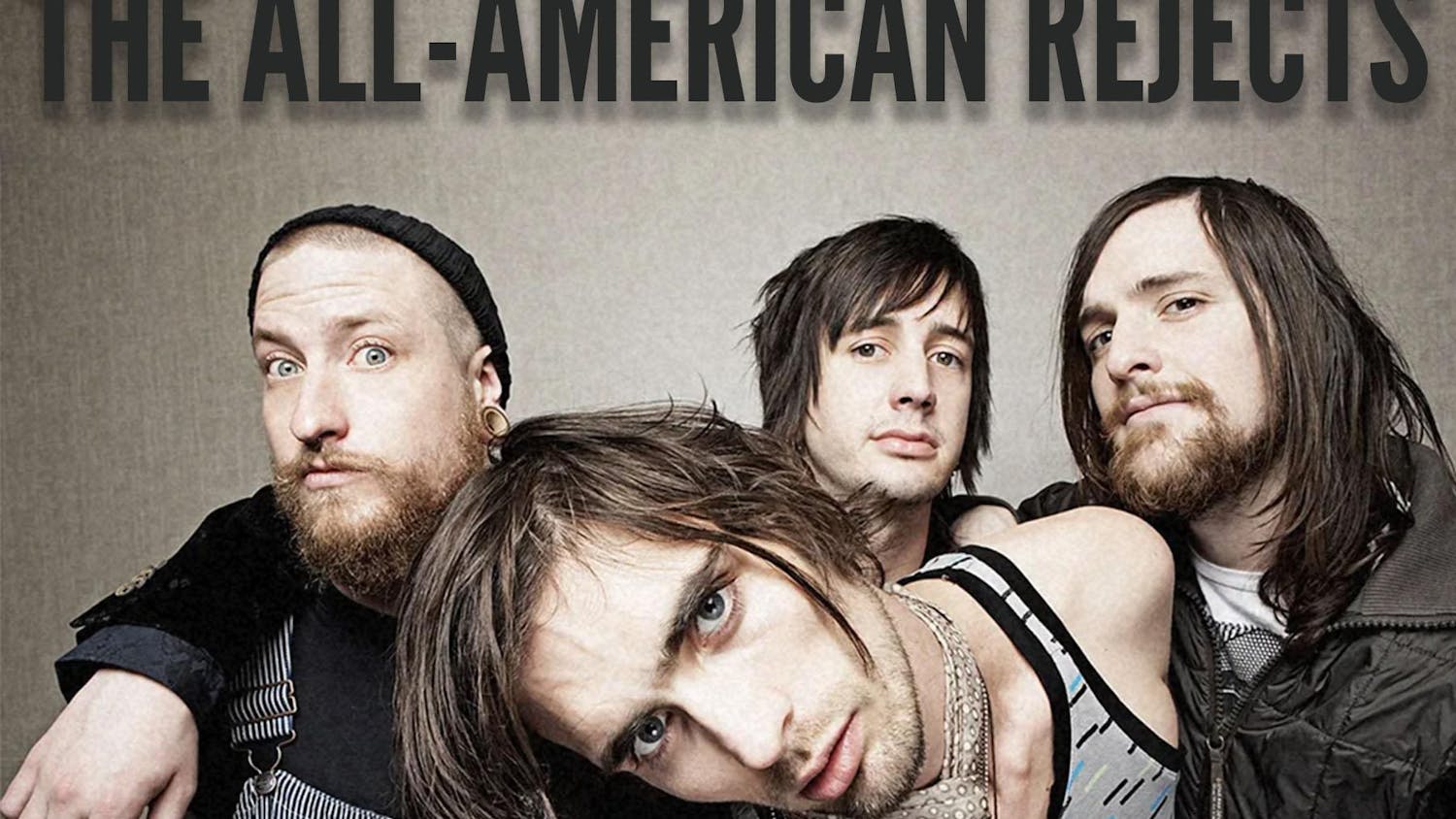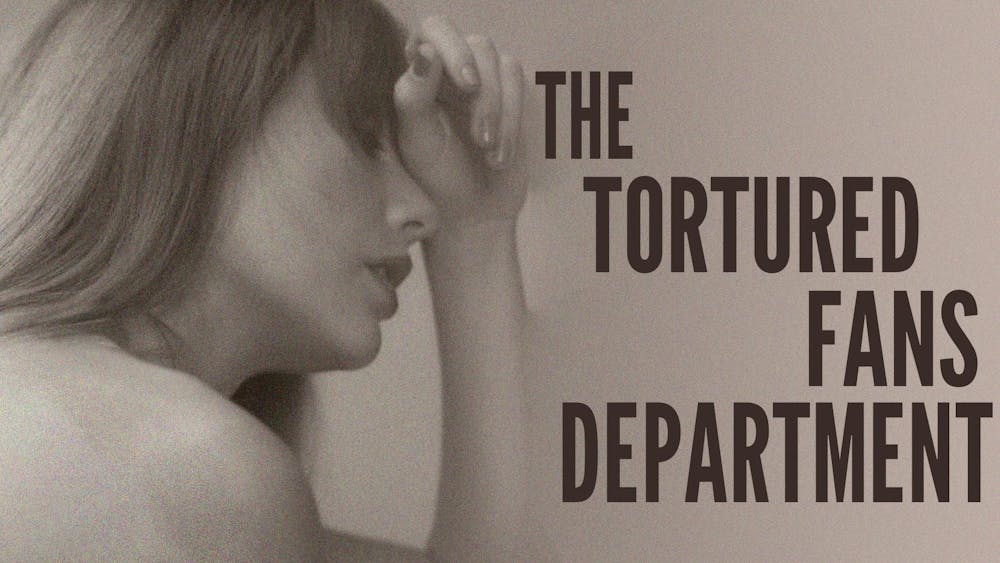
From his Best Supporting Actor nomination in 1993 for “What’s Eating Gilbert Grape” to his Best Actor nomination for “The Wolf of Wall Street” in 2014, Leonardo DiCaprio has been no stranger to the red carpet, but no camera has ever before captured his walk onto the stage to receive an Oscar. His copious nominations without a single victory elicited a public frustration as millions of his fans cried for just recognition of his work.
As of Feb. 28, the wait is over — the 41-year-old won an Oscar for Best Actor for “The Revenant” in which he played Hugh Glass, an American survivalist battling against the elements after a severe bear attack.
This Academy Award is not an isolated achievement. The coveted golden trophy is tantamount to recognition for decades of DiCaprio’s masterful craft: his iconic and swoon-inducing performance in “Titanic,” his fierce depiction of the cruel Antebellum South in “Django Unchained” and his candid reflection of the greed-driven corporate culture in “The Wolf of Wall Street.” This recognition of DiCaprio’s uncompromisingly impressive acting extends beyond a celebration of his work. The award shines light on how the actor uses his fame and influence to deliver a message greater than the movie industry, such as the urgent need for environmental activism.
During his career, DiCaprio depicted some of the characters we most cherish. He represented them truthfully, respectfully and convincingly so that they may live in the viewers’ hearts not as extensions of Leonardo DiCaprio the actor, but as vivid individuals with unmistakable identities. Some of his works have become cultural phenomena larger than themselves. For instance, his performance in Christopher Nolan’s “Inception” has contributed to the film’s premise becoming synonymous with modern cerebral fiction. His depiction of Jordan Belfort as a ruthless, calculating, and dishonorable stockbroker in “The Wolf of Wall Street” has helped the film become an exposé of the faults that lie within the financial sector and wealth’s ability to breed corruption. The actor has even become one of America’s most beloved and iconic literary characters in “The Great Gatsby.”
Leonardo DiCaprio is not merely Hollywood’s profit driver, he embodies cinema’s ability to surprise, inspire and grow.
DiCaprio’s impact was furthered in his acceptance speech. During his long awaited moment of fame, he reiterated his support for environmental activism, a cause which he has publicly advocated throughout his career. He stated during the speech, “Climate change is real. It is happening right now. It is a most urgent threat facing our entire species. […] Let us not take this planet for granted. I do not take tonight for granted.” Such a statement encapsulates the essence of DiCaprio’s contribution. Rather than using his considerable wealth for self-indulgence, he has fervently fought against issues that endanger humanity’s future prospects.
The Oscar is a suitable validation for DiCaprio’s life’s work in the cinema industry. Admirably, he created from this recognition a message greater than his performance — he demonstrated how fame can lend significant leverage for actors to advocate for crucial causes. With the recent announcement that DiCaprio will star in Martin Scorsese’s adaptation of “The Devil in the White City," fans of cinema have reason to be excited for his future in film.













